RETURN TO OUR ROOTS
Reconnecting with our mission as an engine of discovery and impact
Thursday, February 1 – Friday, February 2
The Ritz Carlton, Half Moon Bay
We are witnessing the start of a new era in biomedicine and health care, ignited by remarkable advances in the biological sciences, technology, and information sciences. The opportunities are boundless, and the challenges equally daunting. Now more than ever, this moment demands clarity – of our vision and understanding our purpose. At our 2024 Leadership Retreat, we will look back at our foundational legacy of leadership in research, education, and patient care. And with this touchstone, we will move biomedicine forward, discussing our roadmap through this decade and the opportunity to harness our tripartite mission—once again—as an engine of progress for the world.
Thursday, February 1, 2024
- 9:00–10:00 am | Registration, Refreshments, and Research Innovation Showcase
- 10:00–10:30 am | Welcome
- 10:30–11:00 am | Panel: Age of Intelligence - Preparing for an AI in Biomedicine
- 11:00–12:00 pm | Basic Science Spotlights
- 12:00–1:15 pm | Lunch & Research Innovation Showcase
- 1:15–1:45 pm | Panel: Informing Policy in Health and Science
- 1:45–2:30 pm | Fireside Chat with Chelsea Clinton and Lloyd Minor: Achieving Global Impact
- 2:30–2:45 pm | Break
- 2:45–3:15 pm | Panel: The Future of Clinical Trials
- 3:15–3:45 pm | Panel: Investing in our Physician-Scientists
- 3:45 pm | Closing Remarks for the Day
- 4:00–5:00 pm | Break
- 5:00–6:00 pm | Reception
- 6:00 pm | Dinner
Friday, February 2, 2024
- 7:30–9:00 am | Breakfast
- 9:00–9:10 am | Welcome Back
- 9:10–10:10 am | ISP 2030: Living our Vision for Stanford Medicine
- 10:10–10:40 am | Panel: The Care Quality Journey
- 10:40–11:40 am | Keynote: Jennifer Aaker - What Really Matters
- 11:40–11:45 am | Closing Remarks
- 11:45 am | Boxed Lunch and Departures
AGENDA
Thursday, February 1, 2024 | [10:00 AM - 4:00 PM]
9:00–10:00 am
Registration, REFRESHMENTS, AND RESEARCH INNOVATION SHOWCASE
Researchers from across Stanford Medicine will be available to talk about their cutting-edge work and answer questions on Thursday, February 1, before the sessions begin and over the lunch hour.
Stop by before the morning sessions begin (9:00 – 10:00 am) and during lunch (12:00 – 1:15 pm) to get one-on-one time with the teams and talk about the future of medicine.
10:00–10:30 am
Welcome
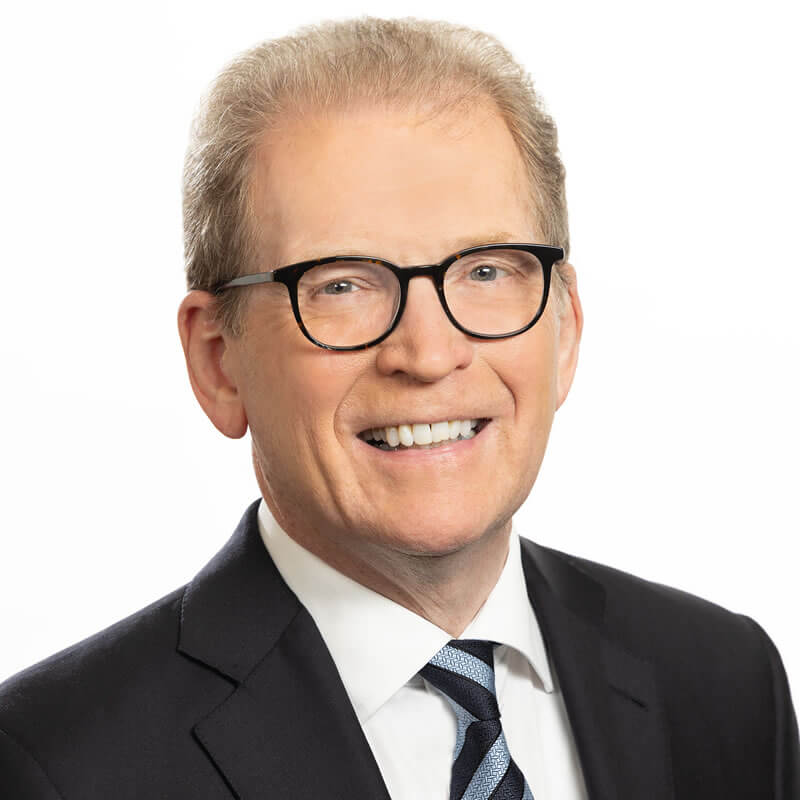
Lloyd Minor
Dean of the Stanford School of Medicine
Vice President for Medical Affairs, Stanford University |
BIO
10:30–11:00 am
PANEL: AGE OF INTELLIGENCE – PREPARING FOR AI IN BIOMEDICINE
In this panel session, speakers will dive deep into the implications of AI for biomedicine, addressing its potential and pitfalls and how Stanford Medicine can shape its future through our tripartite mission.
Speakers:
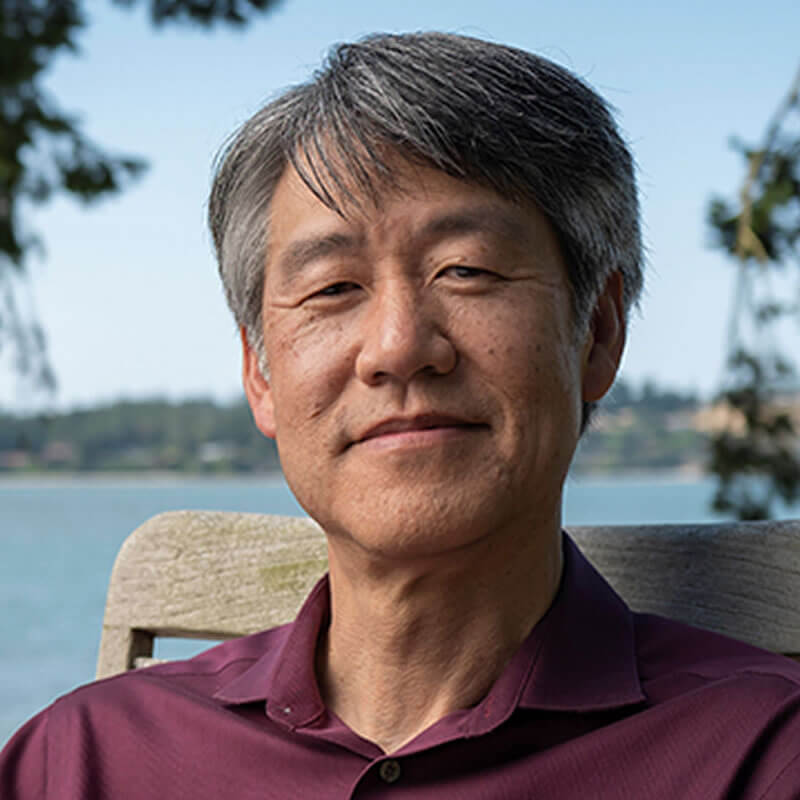
Peter Lee
Corporate Vice President, Research and Incubations, Microsoft | BIO
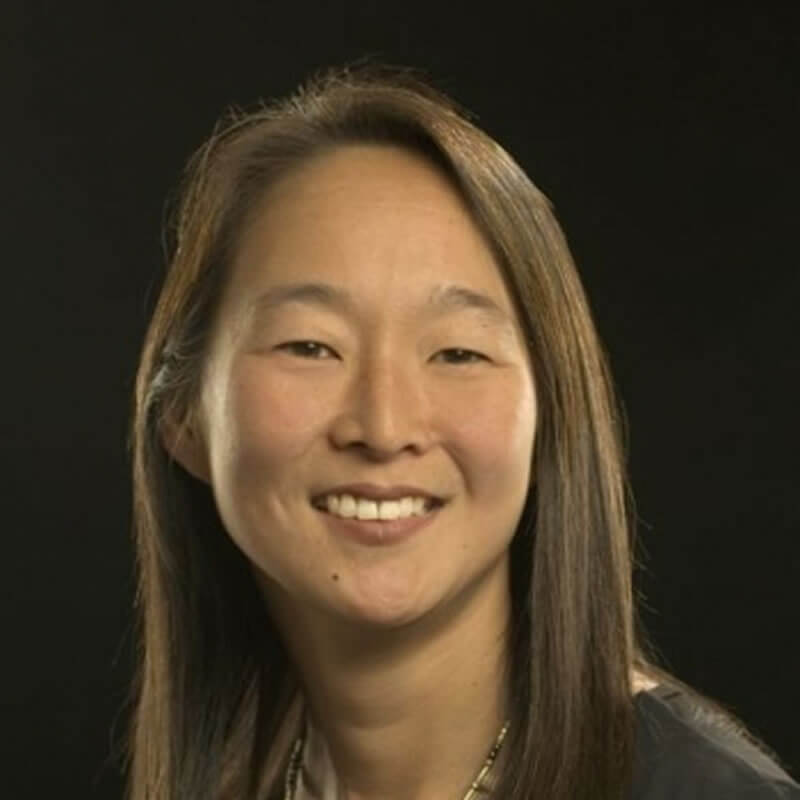
Mildred Cho
Professor (Research) of Pediatrics (Center for Biomedical Ethics) and of Medicine
(Primary Care and Population Health), Stanford School of Medicine | BIO
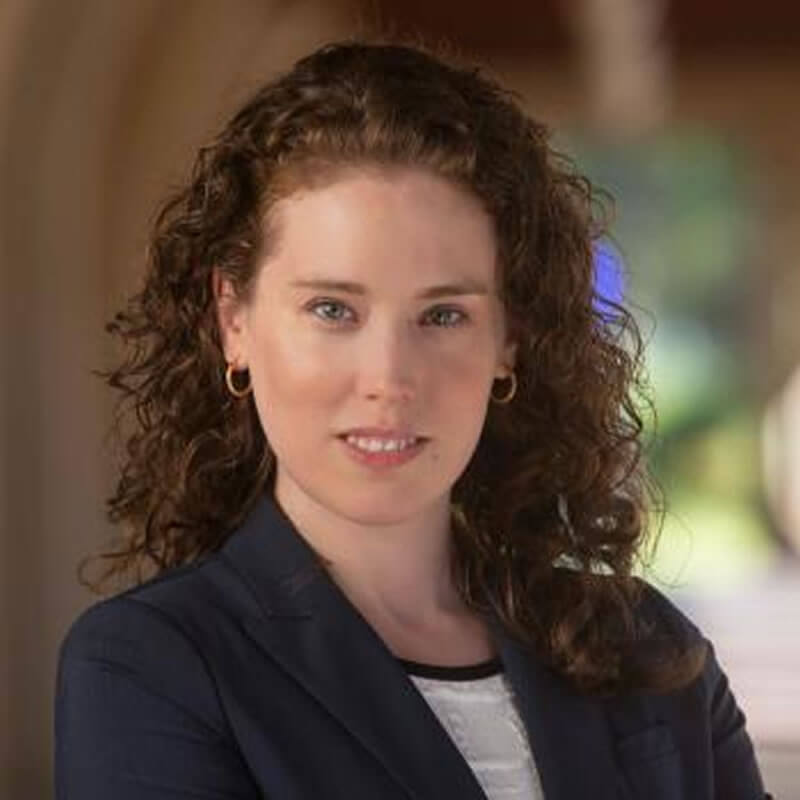
Sherri Rose
Professor of Health Policy, Stanford School of Medicine | BIO
Moderator:

Lloyd Minor
Dean of the Stanford School of Medicine
Vice President for Medical Affairs, Stanford University |
BIO
11:00 AM–12:00 pm
BASIC SCIENCE SPOTLIGHTS
Fundamental discovery is synonymous with our preeminence in biomedicine. In this session, four basic scientists will highlight their innovative research – representing the groundbreaking work happening in labs across Stanford Medicine.
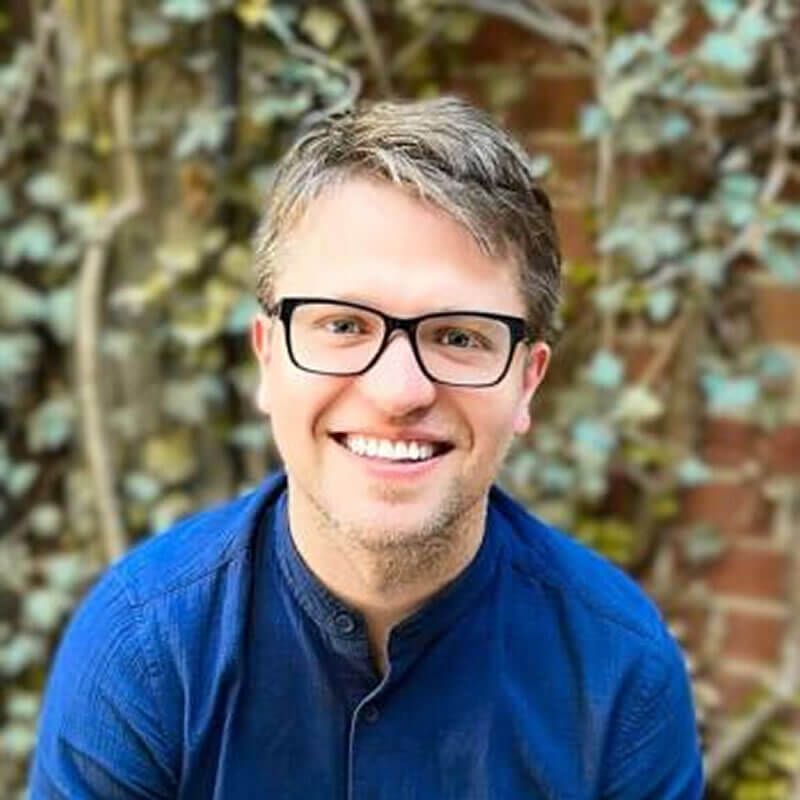
Kacper Rogala
Starving Resilient Cancer Cells for Nutrients
Assistant Professor of Structural Biology and of Chemical and Systems Biology, Stanford School of Medicine | BIO

Ruth Huttenhain
Snapshots of Molecular Networks in Space and Time
Assistant Professor of Molecular and Cellular Physiology, Stanford School of Medicine | BIO
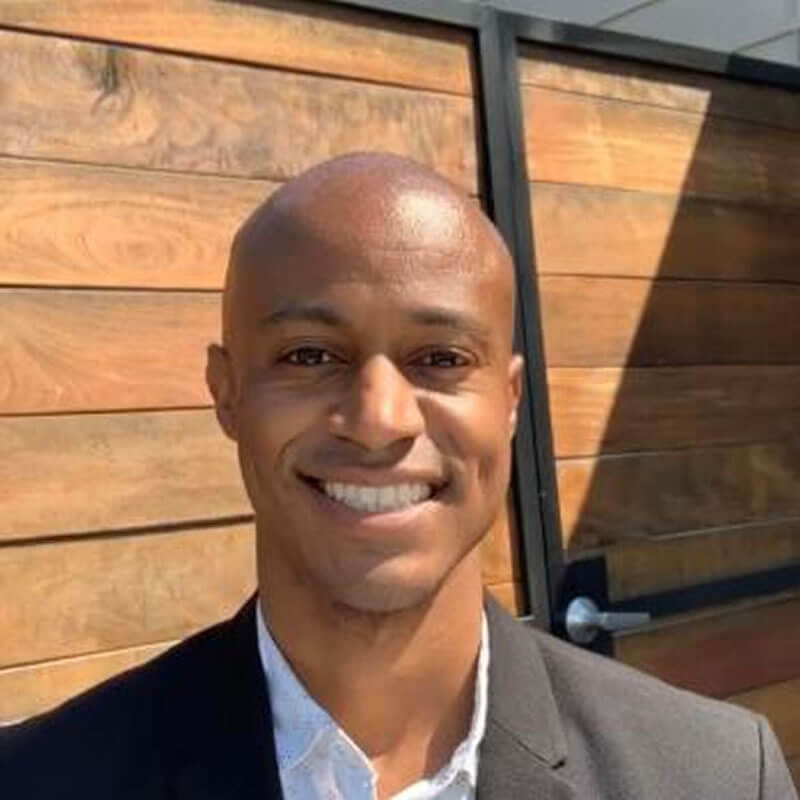
Kyle Daniels
Learning the Language of Signaling Domains to Control Therapeutic Cells
Assistant Professor of Genetics, Stanford School of Medicine | BIO
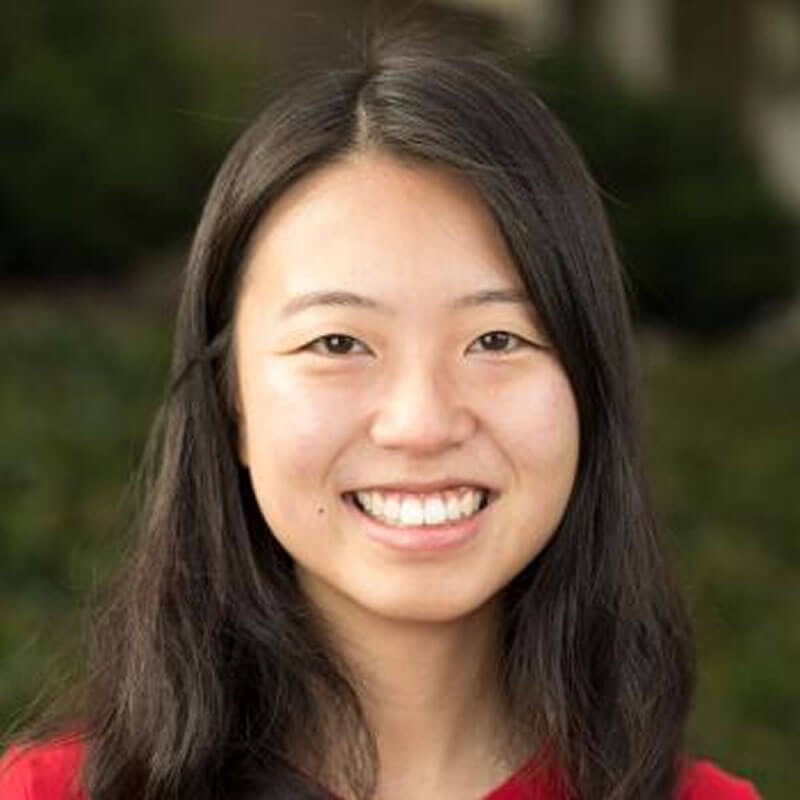
Serena Yeung
Precision Health's Visual Frontier: Mining Insights with Computer Vision
Assistant Professor of Biomedical Data Science and, by courtesy, of Computer Science and of Electrical Engineering, Stanford School of Medicine | BIO
12:00–1:15 pm
LUNCH AND RESEARCH INNOVATION SHOWCASE
1:15–1:45 pm
PANEL: INFORMING POLICY IN HEALTH AND SCIENCE
This session will explore the role of academic medicine in shaping sound health and science policy— from advancing public health to nurturing tomorrow’s breakthroughs.
Speakers:
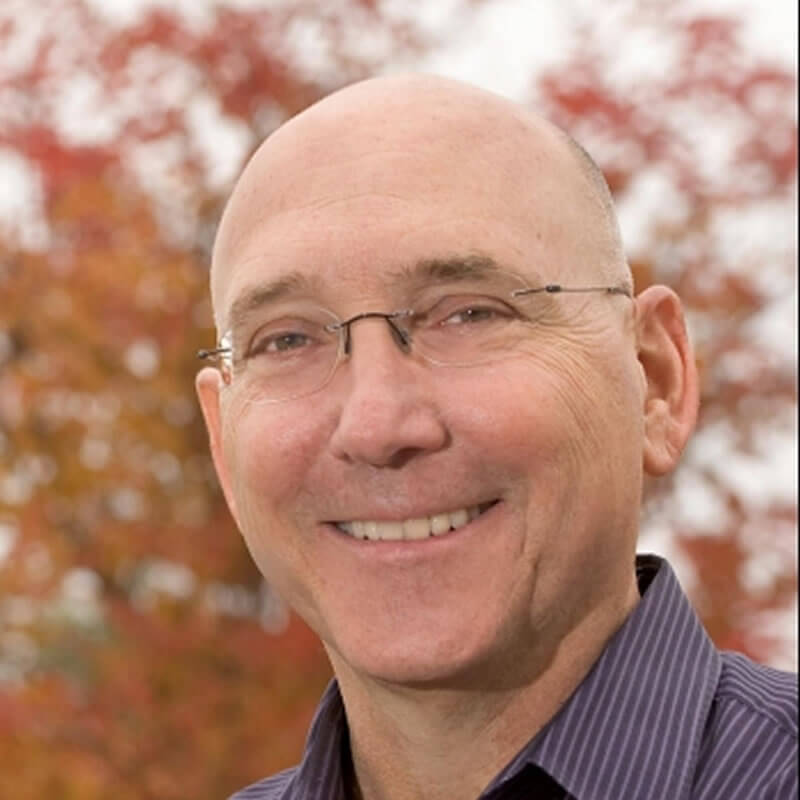
Doug Owens
Chair of the Department of Health Policy, Stanford School of Medicine | BIO
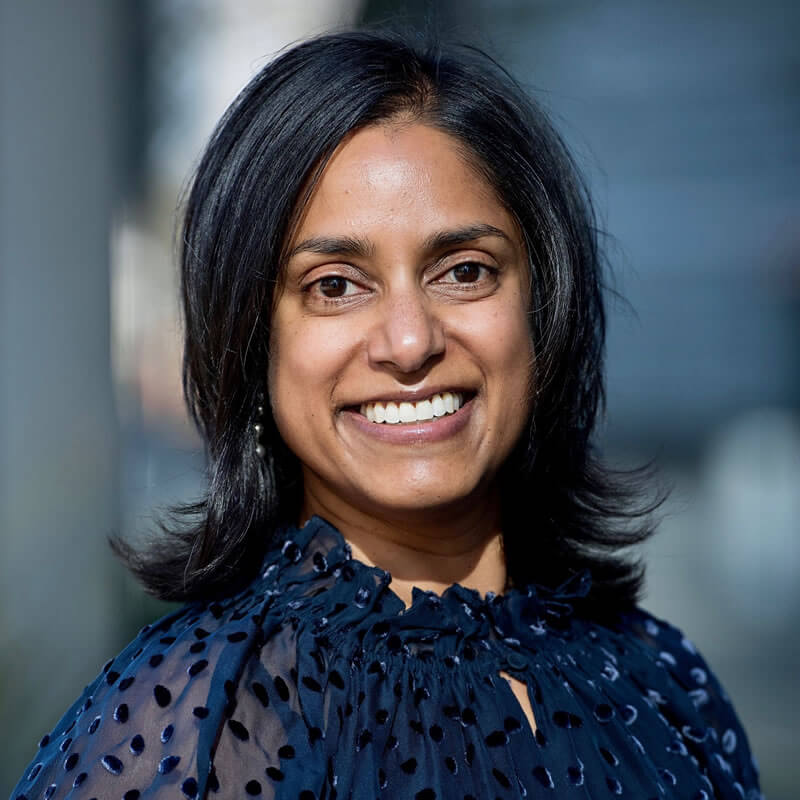
Rekha Ramesh
Vice President, U.S. Policy, Government Affairs, Gilead Sciences, Inc. | BIO
Moderator:

Bob Kocher
Partner, Venrock | BIO
1:45 pM–2:30 pm
FIRESIDE CHAT WITH CHELSEA CLINTON AND LLOYD MINOR
ACHIEVING GLOBAL IMPACT
Dean Minor will sit down with Chelsea Clinton to discuss the role of academia in addressing some of society’s most pressing challenges, drawing from the Clinton Global Initiative’s perspectives and insights.
Speaker:

Chelsea Clinton
Vice Chair, Clinton Foundation; Vice Chair, Clinton Health Access Initiative | BIO
Moderator:

Lloyd Minor
Dean of the Stanford School of Medicine
Vice President for Medical Affairs, Stanford University |
BIO
2:30–2:45 pm
BREAK
2:45–3:15 pm
PANEL: THE FUTURE OF CLINICAL TRIALS
In this panel, we will explore the innovations, challenges, and evolving landscape of clinical trials in the next era of medicine.
Speakers:
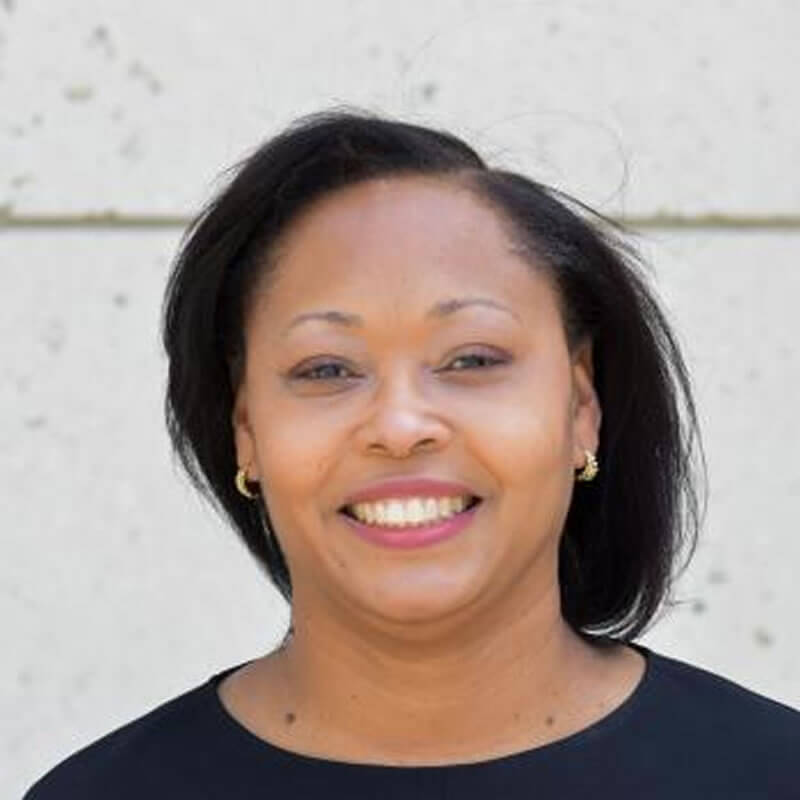
Alyce Adams
Professor of Epidemiology and Population Health, Stanford School of Medicine;
Associate Director, Stanford Cancer Institute | BIO
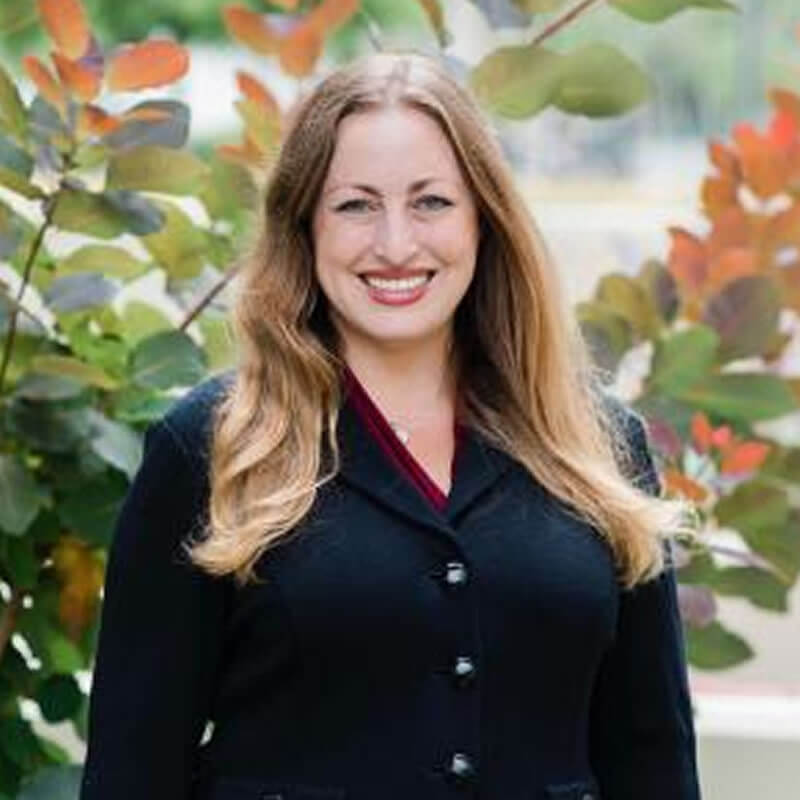
Michelle Monje
Professor of Neurology and Neurological Sciences, Stanford School of Medicine | BIO
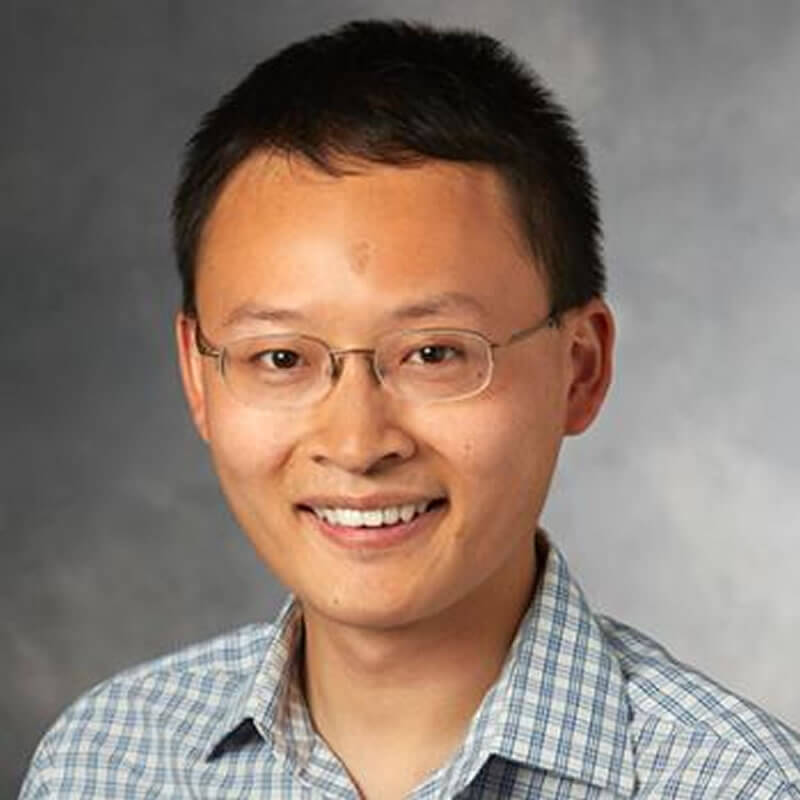
James Zou
Assistant Professor of Biomedical Data Science, Stanford School of Medicine | BIO
Moderator:
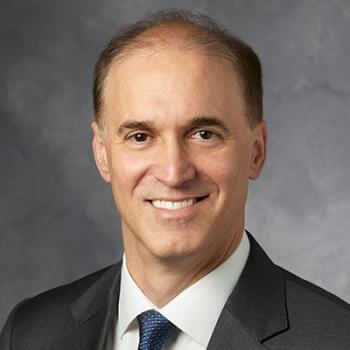
Steve Artandi
Director, Stanford Cancer Institute | BIO
3:15–3:45 pm
PANEL: INVESTING IN OUR PHYSICIAN-SCIENTISTS
Panelists will discuss Stanford Medicine’s strategies and commitment to supporting the journey of aspiring physician-scientists, from foundational pipeline programs to advanced training and beyond.
Speakers:
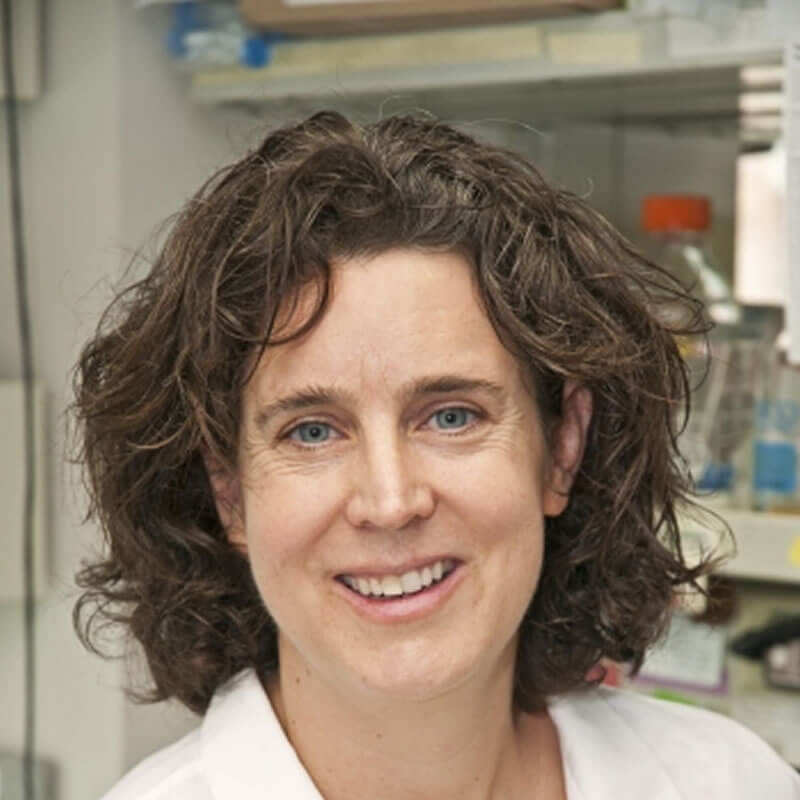
Catherine Blish
Professor of Medicine and Co-Director, Medical Scientist Training Program, Stanford School of Medicine | BIO
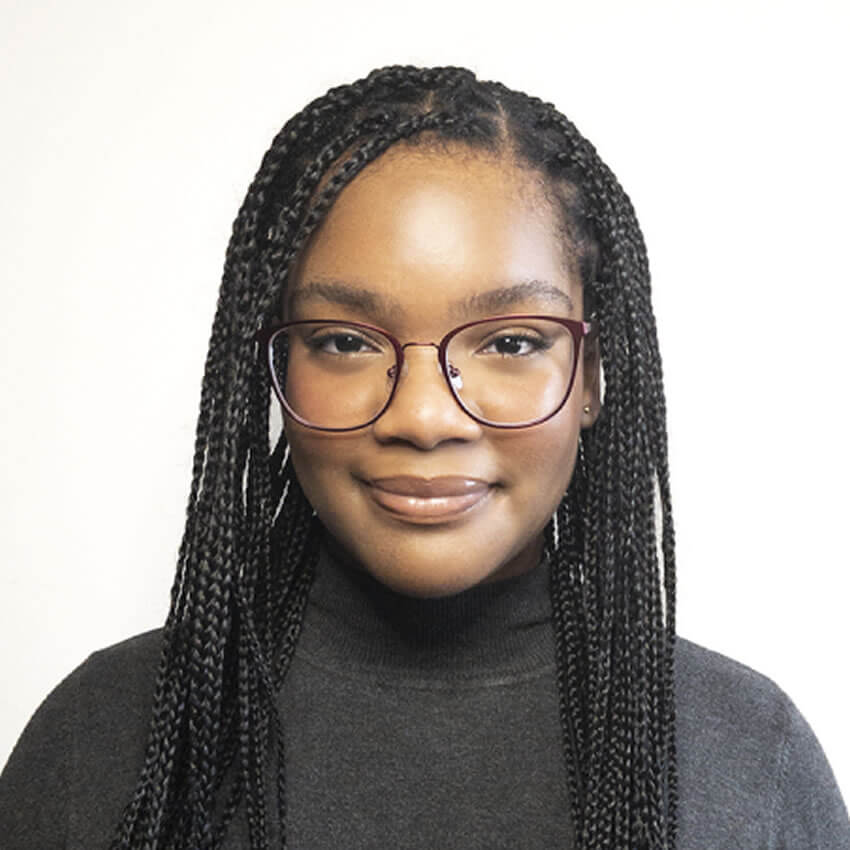
Maïgane Diop
MD Student, Stanford School of Medicine | BIO
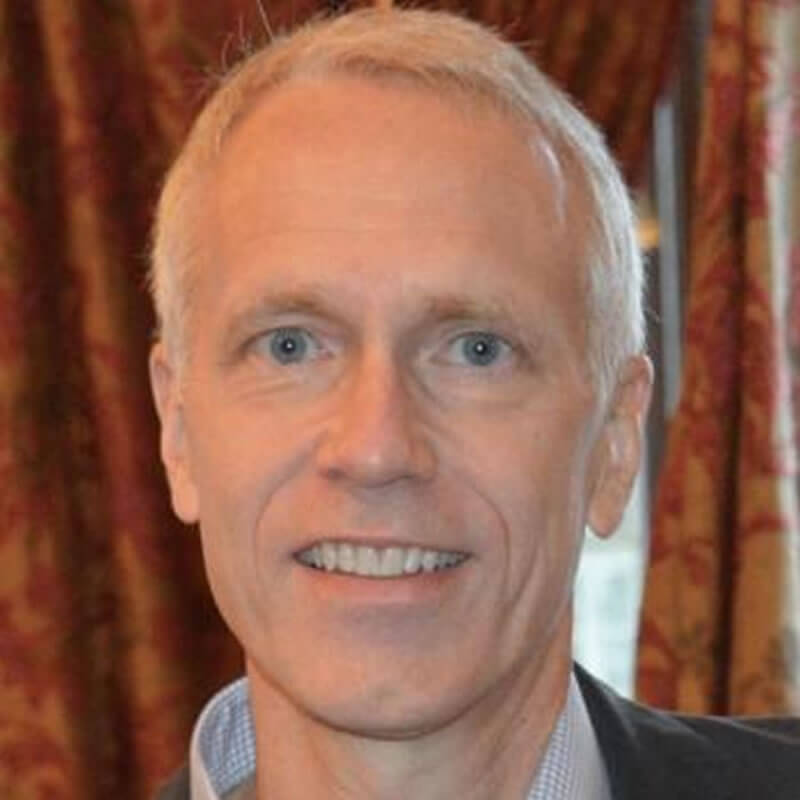
Brian Kobilka
Founder, ConfometRx; 2012 Nobel Laureate | BIO
Moderator:

Fatima Rodriguez
Associate Professor of Medicine, Stanford School of Medicine | BIO
3:45 PM
Closing Remarks

Lloyd Minor
Dean of the Stanford School of Medicine
Vice President for Medical Affairs, Stanford University |
BIO
4:00–5:00 PM
BREAK
Pick up room keys at the registration table and check in to rooms
5:00–6:00 pm
Reception
6:00 PM
Dinner
AGENDA
Friday, February 2, 2024 | [9:00 - 11:45 AM]
7:30–9:00 am
BREAKFAST
9:00–9:10 am
Welcome BACK

Lloyd Minor
Dean of the Stanford School of Medicine
Vice President for Medical Affairs, Stanford University |
BIO
9:10–10:10 am
ISP 2030: LIVING OUR VISION FOR STANFORD MEDICINE
This session picks up where the November 2023 ISP Refresh Retreat left off, with a focus on helping our people “live the ISP” through their daily work.
Introduction:
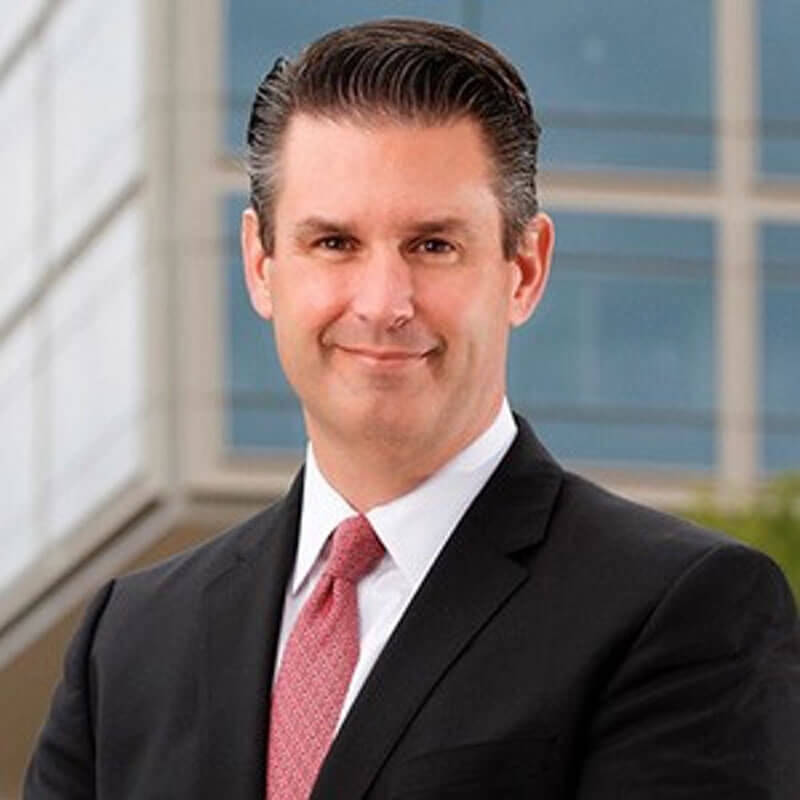
David Entwistle
President and CEO, Stanford Health Care | BIO
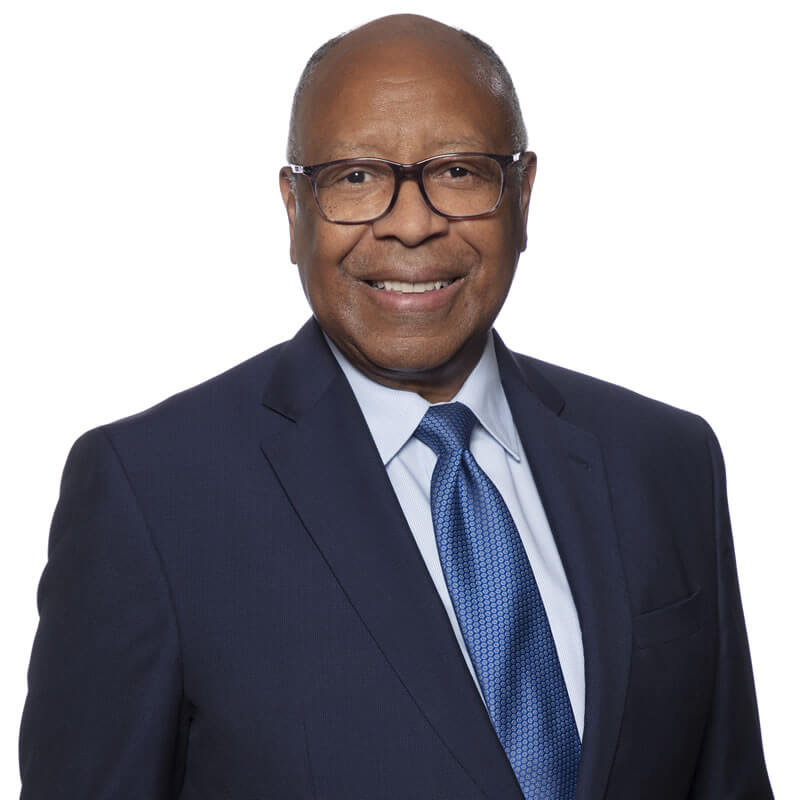
Paul King
President and CEO, Stanford Medicine Children’s Health | BIO

Lloyd Minor
Dean of the Stanford School of Medicine
Vice President for Medical Affairs, Stanford University |
BIO
Speakers:
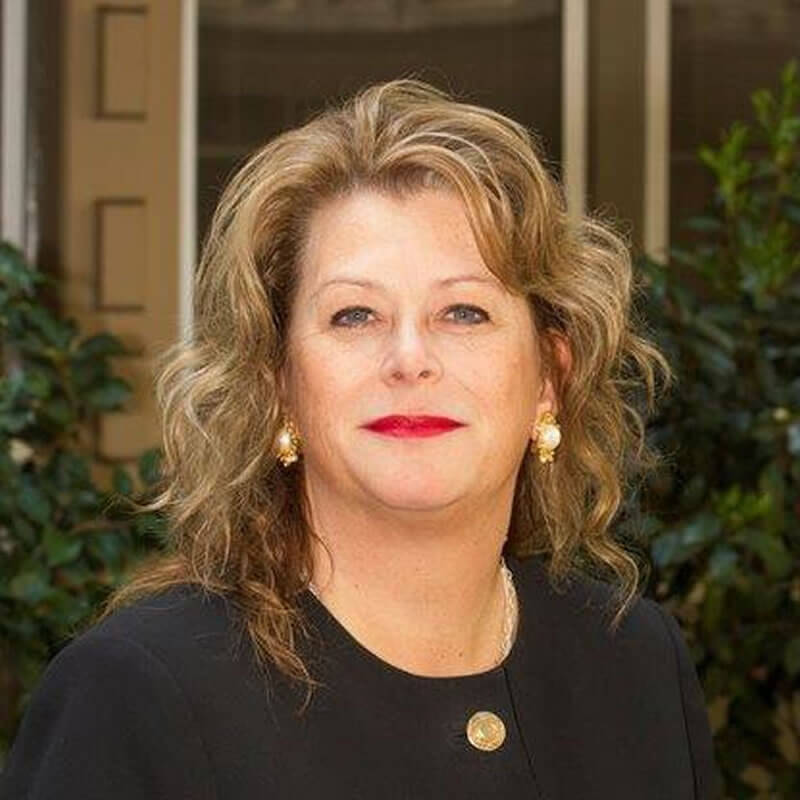
Alison Kerr
Vice President of Destination Service Lines and Chief Clinical Operations Officer, Stanford Health Care | BIO
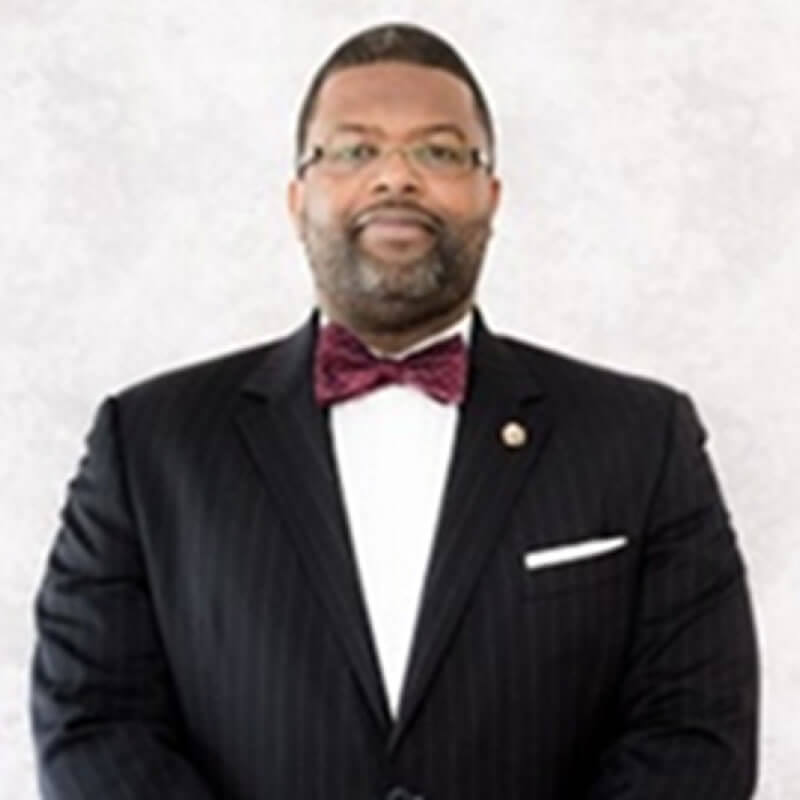
Kevin Moody
Associate Dean of Human Resources, Facilities, Planning and Management, Stanford School of Medicine | BIO
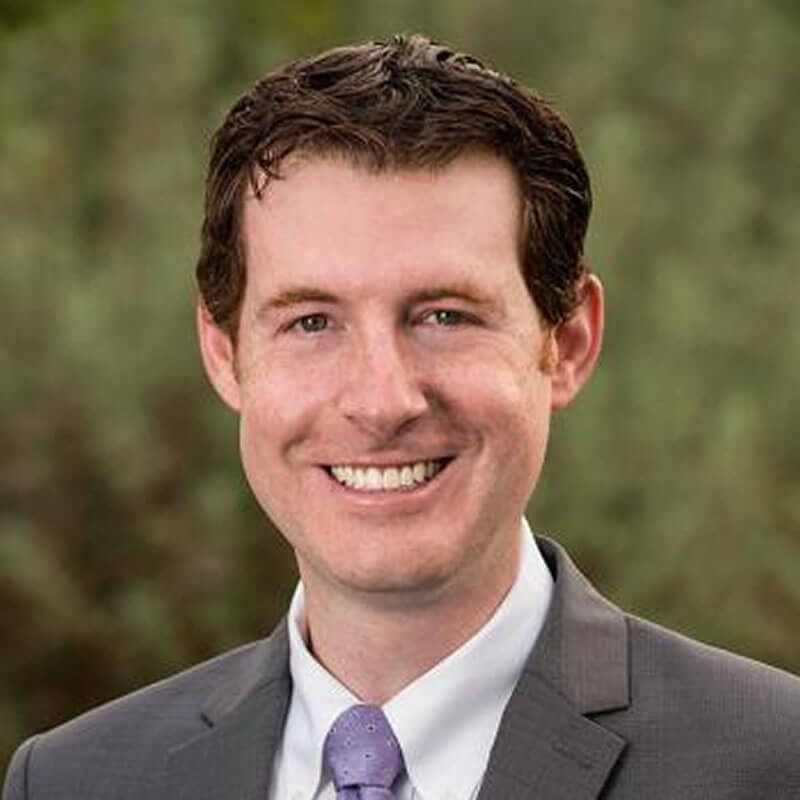
Michael Pfeffer
Chief Information Officer, Stanford Health Care; Associate Dean, Stanford School of Medicine | BIO
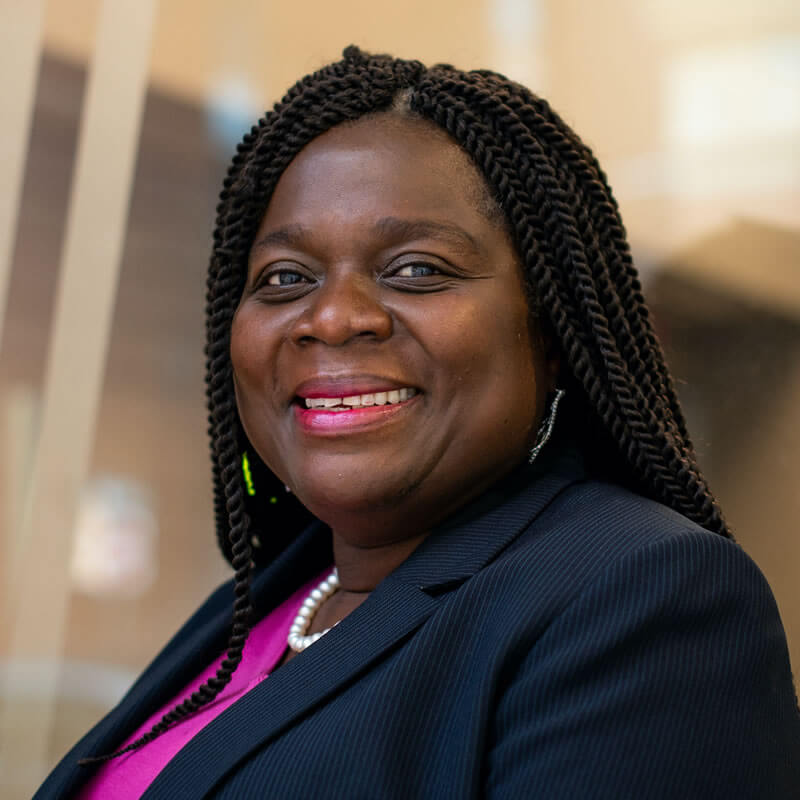
Joyce Sackey
Chief Equity, Diversity and Inclusion Officer, Stanford Medicine | BIO
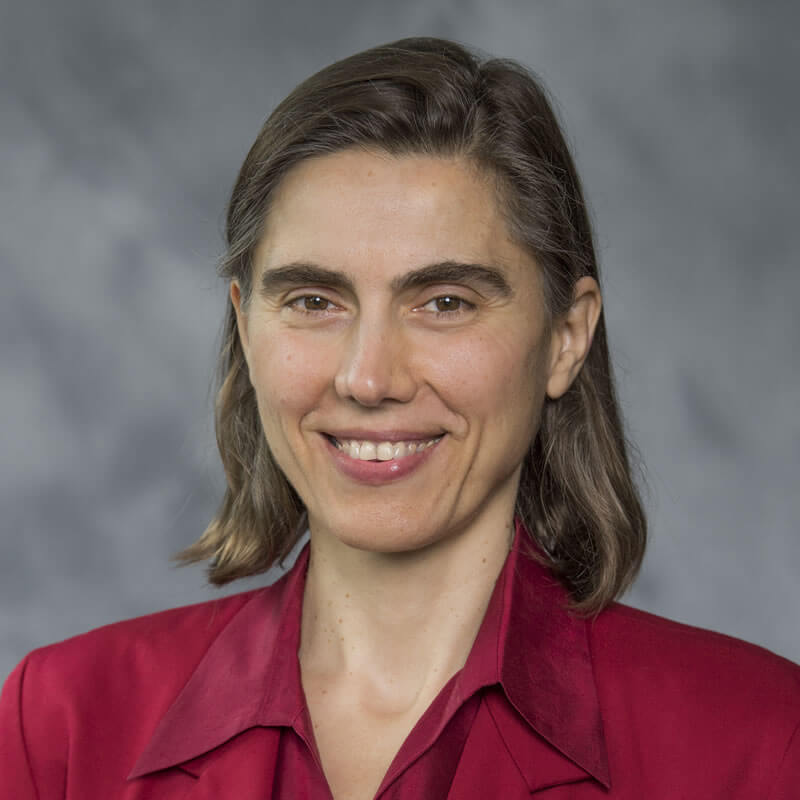
Tina Stankovic
Chair of Otolaryngology - Head and Neck Surgery, Stanford School of Medicine | BIO
Moderator:
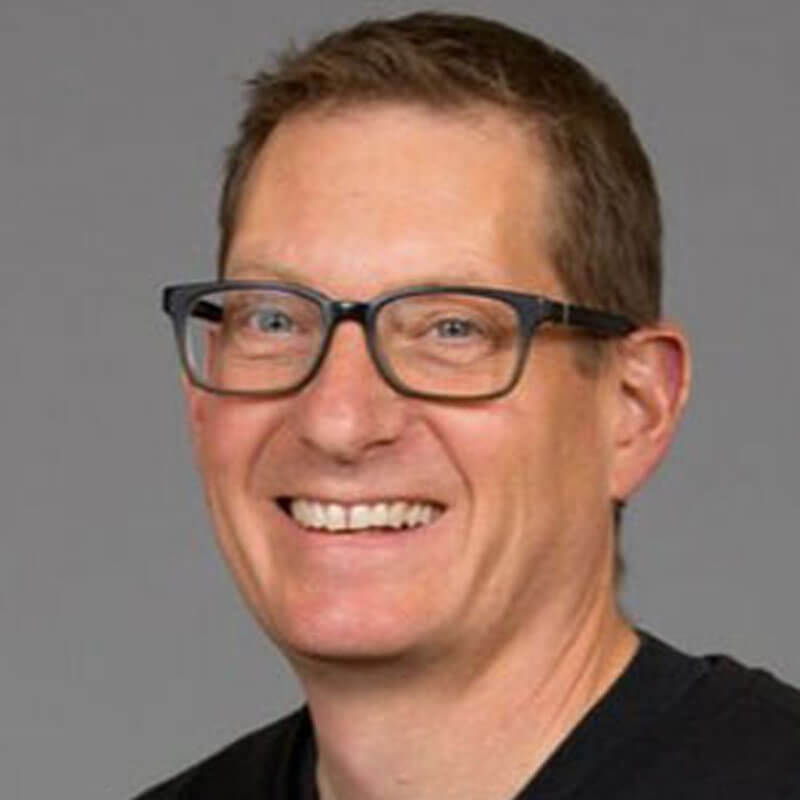
Aaron Straight
Chair of Biochemistry, Stanford School of Medicine | BIO
10:10–10:40 AM
PANEL: THE CARE QUALITY JOURNEY
Panelists will delve into Stanford Medicine’s innovative strategies to uphold the highest standards of patient care and ensure equitable health outcomes for all.
Speakers:
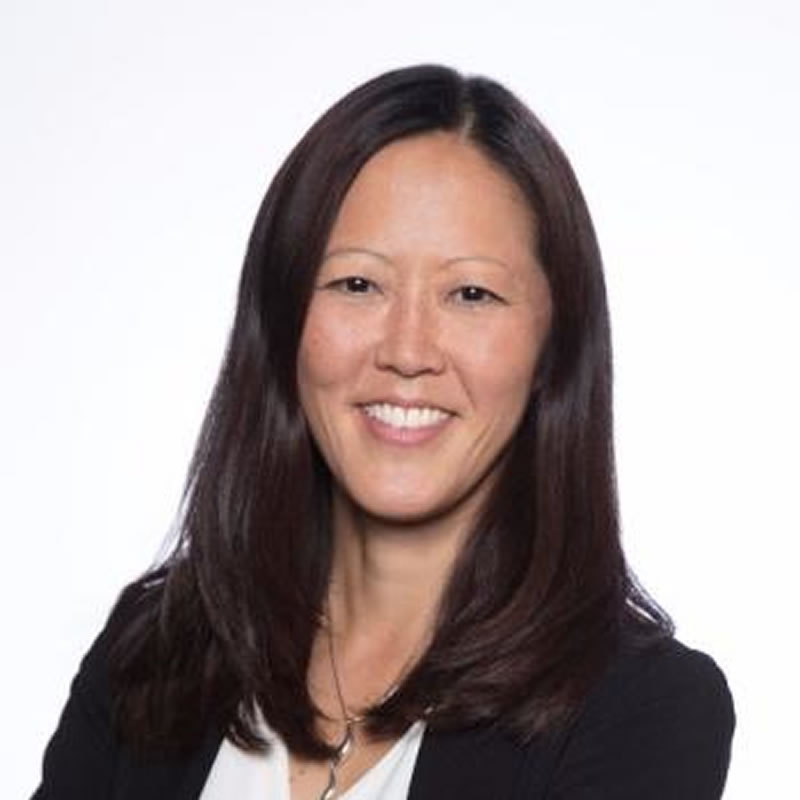
Grace Lee
Chief Quality Officer, Stanford Medicine Children's Health| BIO
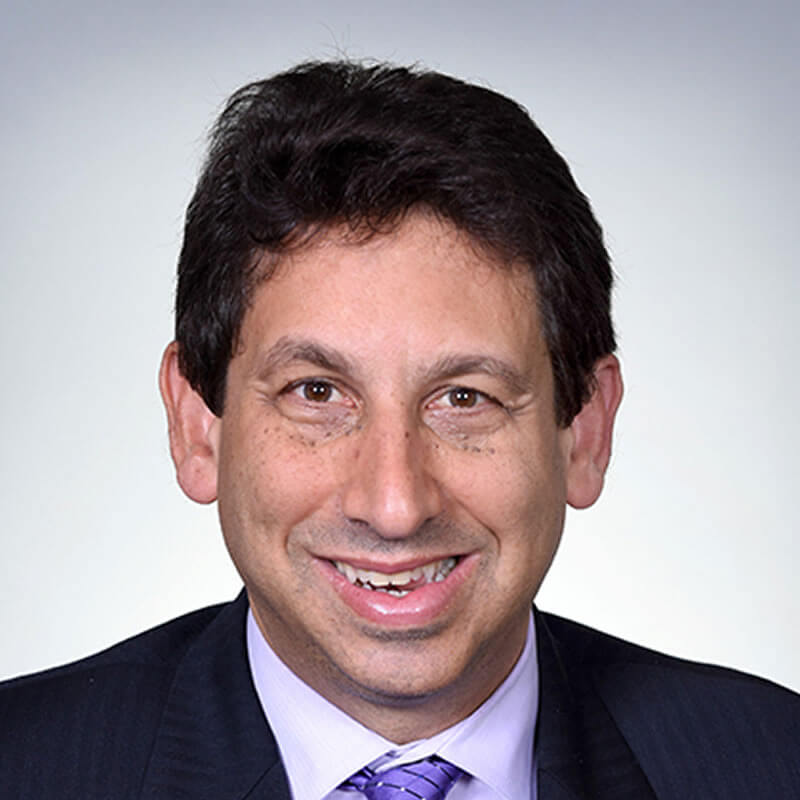
David Levine
Chief Medical Officer, Vizient | BIO
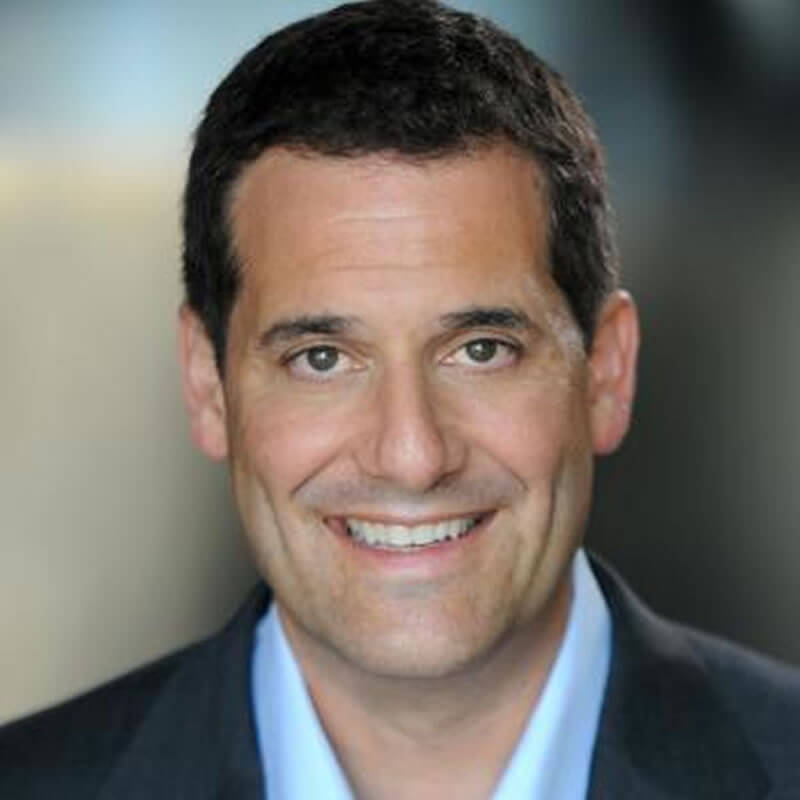
Paul Maggio
Chief Quality Officer, Stanford Health Care | BIO
Moderator:
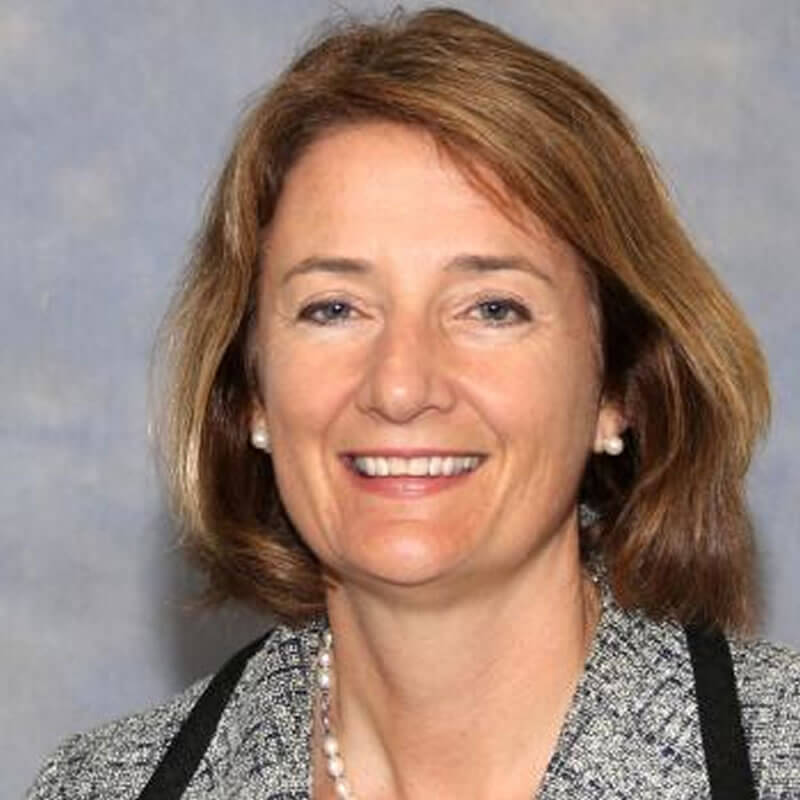
Mary Hawn
Chair of Surgery, Stanford School of Medicine | BIO
10:40–11:40 AM
KEYNOTE: JENNIFER AAKER | WHAT REALLY MATTERS
A presentation by Jennifer Aaker on how to build more innovative, collaborative, and joyful workforces, forge stronger relationships, and create more meaningful lives.
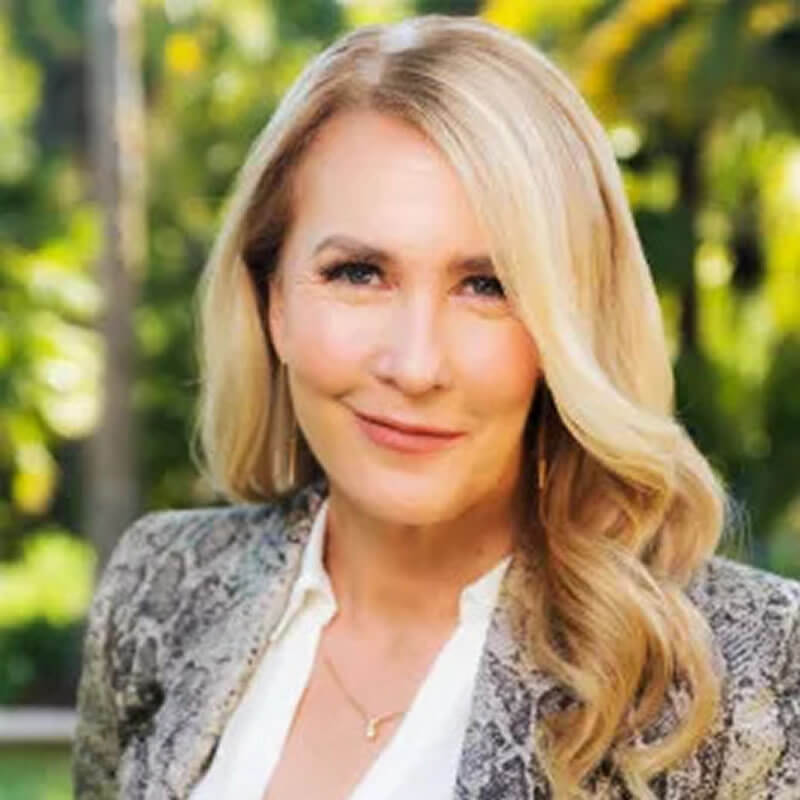
Jennifer Aaker
The General Atlantic Professor, Stanford Graduate School of Business | BIO
11:40–11:45 AM
Closing Remarks

Lloyd Minor
Dean of the Stanford School of Medicine
Vice President for Medical Affairs, Stanford University |
BIO
Boxed Lunches and Departures
For any questions, please contact Robin Daines (rsieben@stanford.edu)
